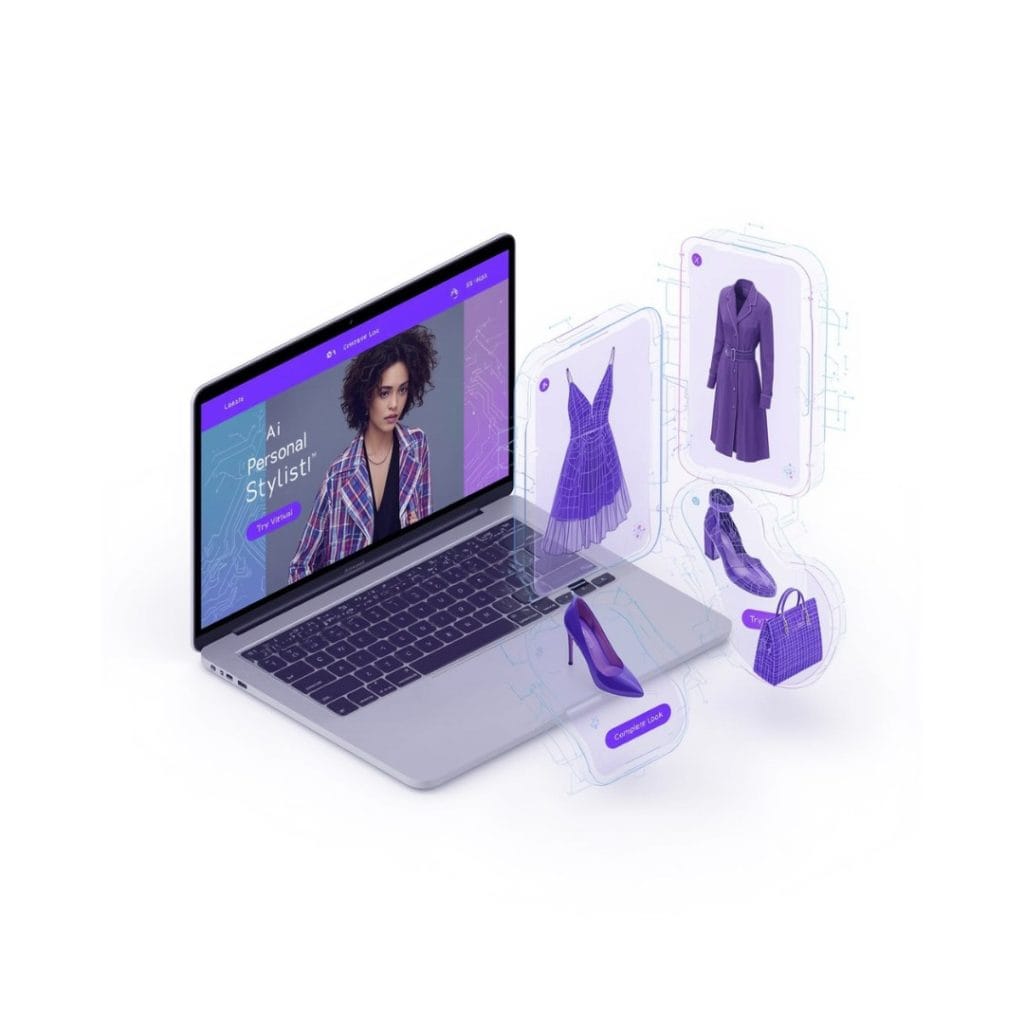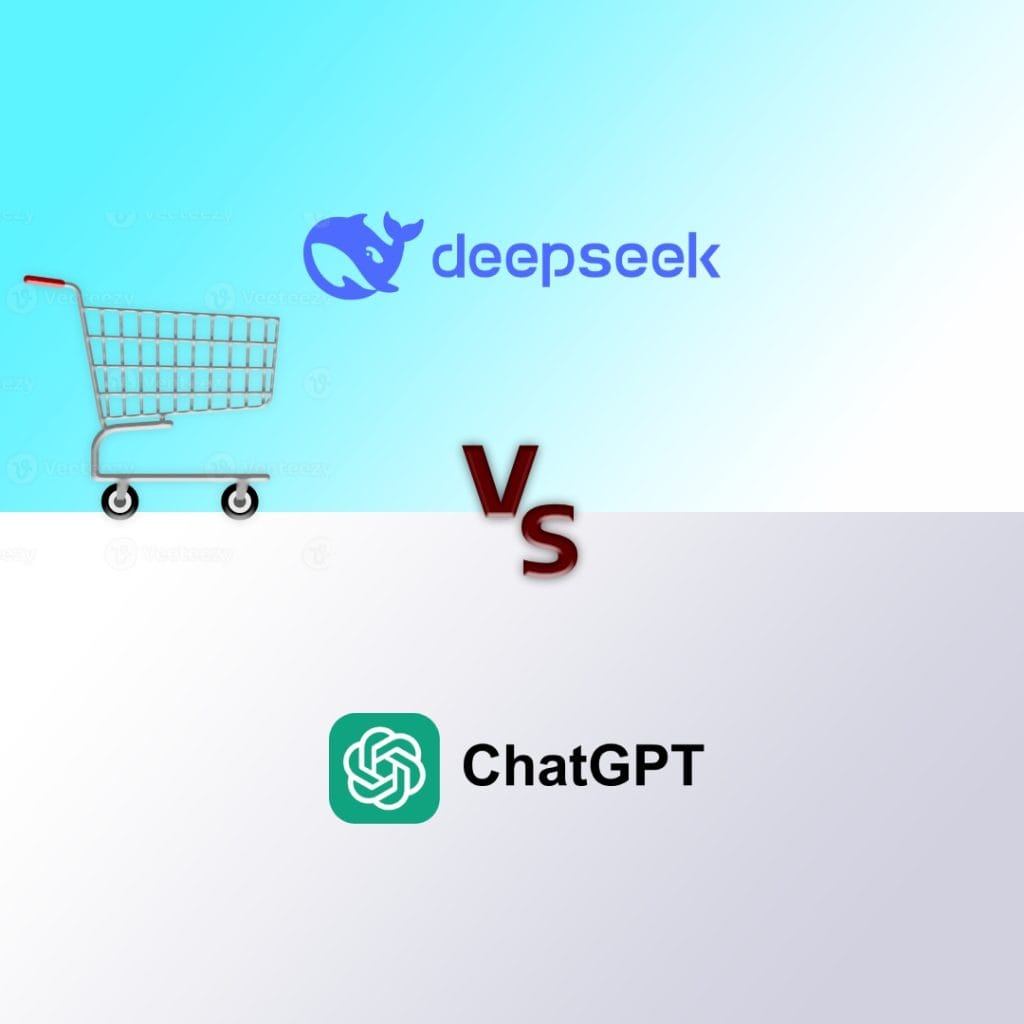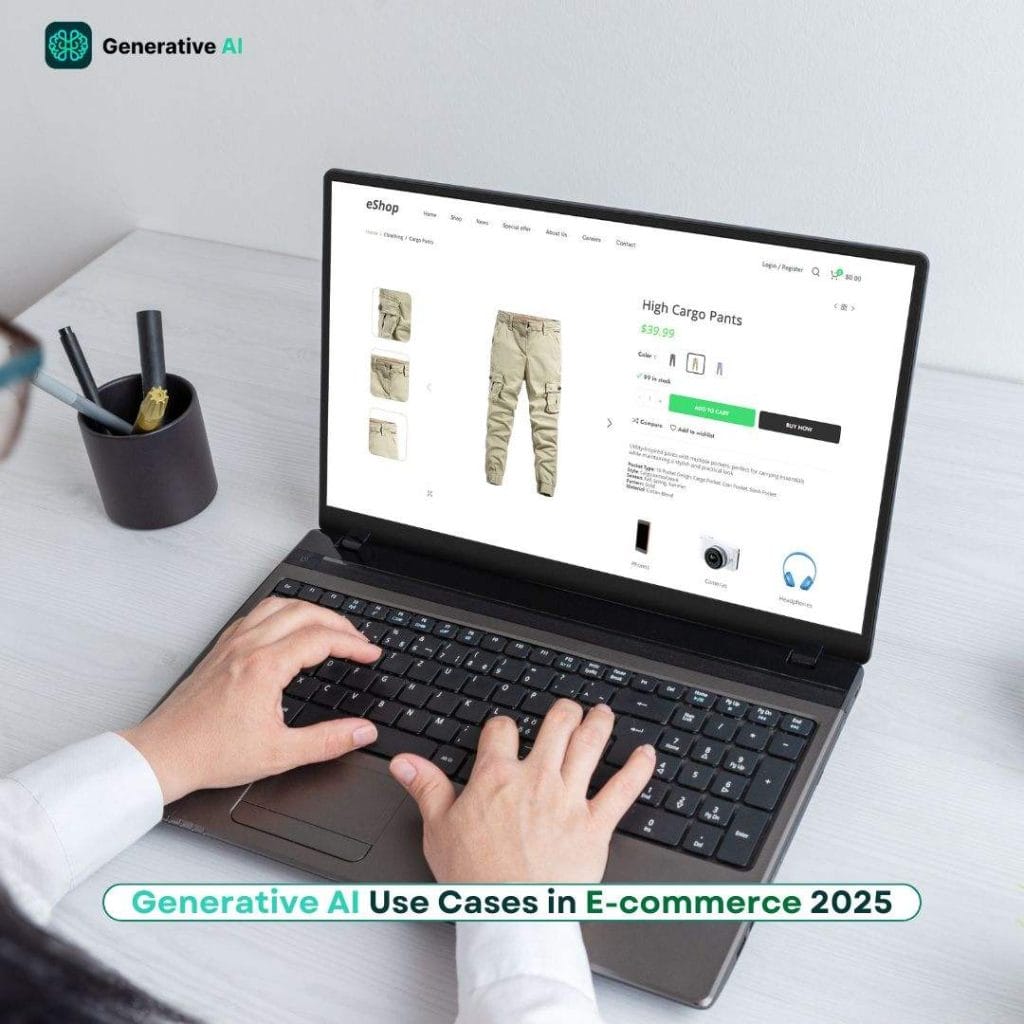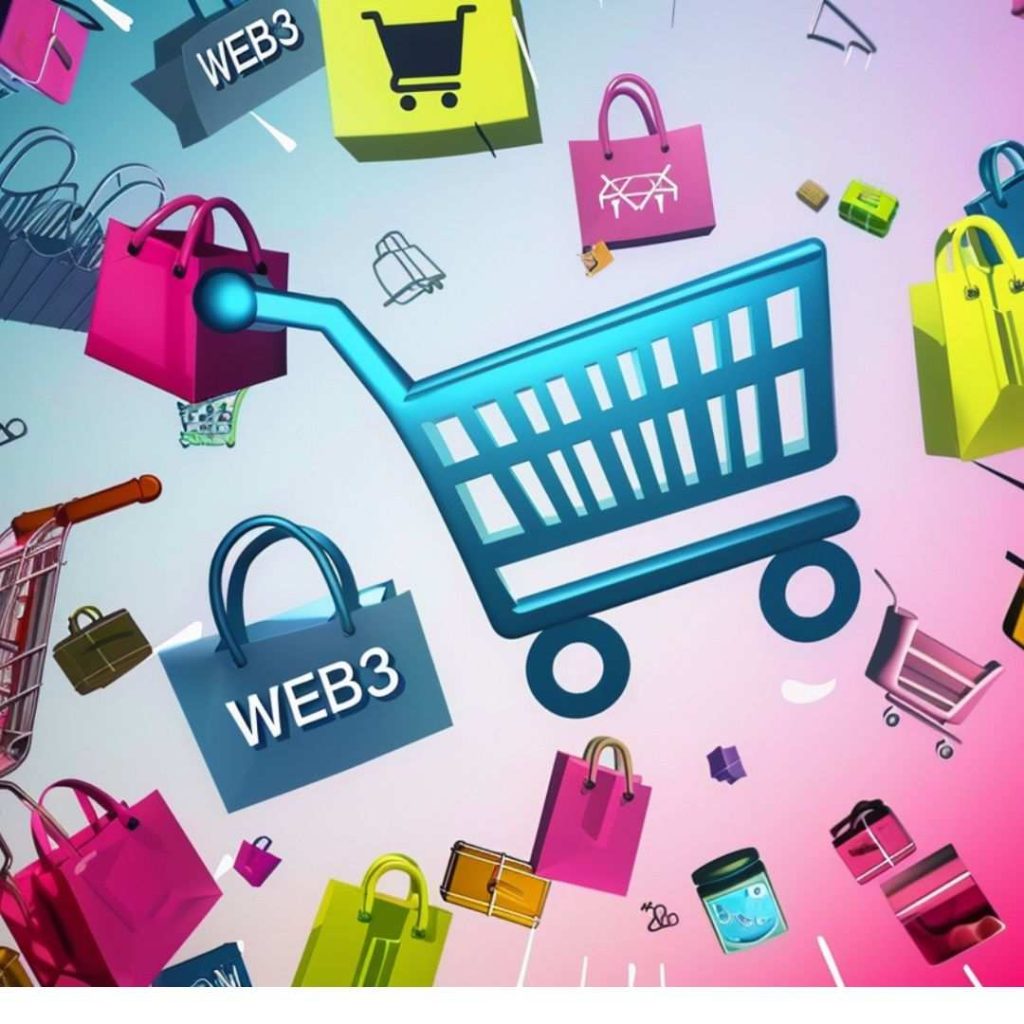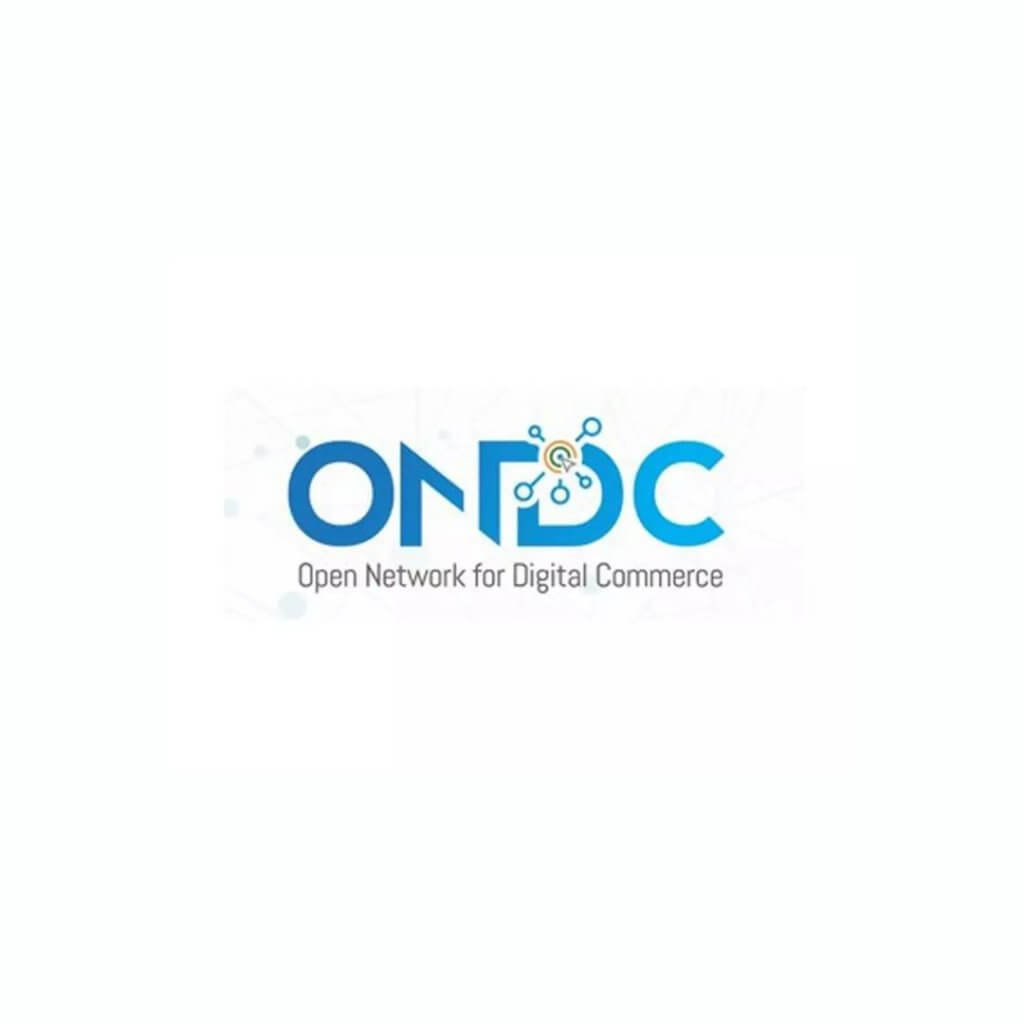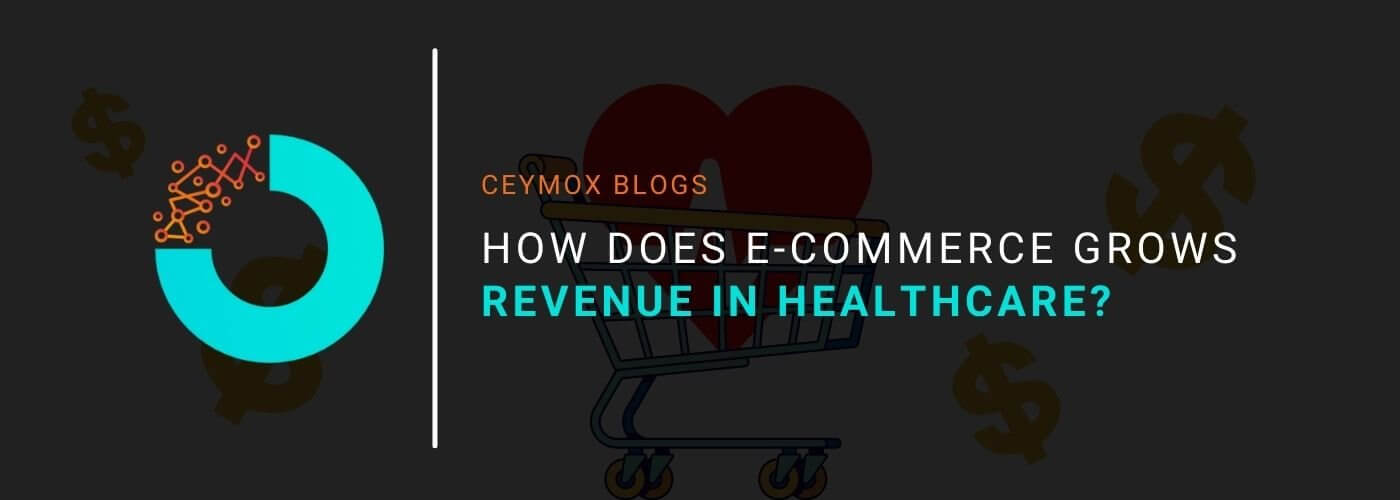
In 2020, when the coronavirus pandemic hit the world, healthcare suppliers faced massive challenges. There was huge competition from titans such as Amazon and Walmart and customer expectations were also on rising. The expectations of these other industries made it tougher to sell to hospitals, therapists, optical centers, and other providers. The pandemic also lead people to go online and self-service was almost immediate, catapulting the industry into the digital world.
There was a sharp increase in telehealth and remote monitoring. Many suppliers went from in-person or call-center interactions to online interactions. But in reality, the traditional practice of sales was on the verge of disruption. In every industry, digital transformation was the need of the hour, leading to greater efficiency and revenues for the business, and a better experience for both buyers and sellers.
First, healthcare providers face difficulty with the product and supply limitations. 2020 brought this home, as medical staff faced shortages of masks, respirators, PPE kits, gloves, and other protection devices for themselves, let alone for patients. Even in normal scenarios, staff working in departments such as surgery often can’t get adequate supplies or get expired supplies, assemble products for kits and bundles, and put all the needed items for patients being discharged.
Consumers also hit snags while buying medical items. Insufficient information on products and services leads to frustration for more than two-thirds of consumers during the buying process. For e.g. a vision-problem patient who needs new spectacles may have a prescription but is short on money and more importantly time. She’d like an optical supplier to offer an e-commerce store with the ease and flexibility that other B2C businesses provide. For even the suppliers, the traditional systems of selling are making the simplest transactions difficult. Without upgrading those systems they can’t provide the new experiences that today’s customers expect.
This is a scenario where obstacles can trigger opportunities. By addressing existing challenges and upcoming digital trends, suppliers can set up their businesses to be part of a large and competitive healthcare market. The healthcare e-commerce industry is showing lucrative trends with a growth of 15.8% CAGR by 2025. It is attributed to the ease of availing of online healthcare facilities coupled with the growth of internet penetration in the healthcare sector. The Global Healthcare e-commerce market was valued at US $156.27 billion in 2018. By 2025, the global healthcare e-commerce market is expected to reach a valuation of $435.8 billion. The major catalysts behind this fast growth are an aging population, growing internet penetration in the healthcare sector and government initiatives to provide better healthcare solutions.
How e-commerce is nurturing the healthcare industry?
After the pandemic, the buyers who didn’t demand any change in the selling models have now gone online and are expecting compelling digital experiences now. In this way, e-commerce will help you as a boon. It can offer promising possibilities to evolve your business. Here are the 3 major opportunities, the roadblocks they overcome, and the ways major healthcare providers are using them to reach their goals.
1. Physical to Digital Upgrade:
In 2020, we all lost our social or in-person, but the digital platforms served as a key to replacing those experiences and providing a similar kind of personal engagement. The suppliers have moved to digital platforms and transactions so the buyers can have more flexibility and better options.
In the healthcare industry as well, the medical staff demand systems which allow them to purchase the equipment whenever they want and how they want, with easy access to multiple items for bundles. There are authentic and licensed vendors having purchasing authority and the medical staff can check catalogues & products from these vendors and also compare prices, features, and other parameters. The end consumers also want to go online for prescriptions, buy personal medical equipment for monitoring their diseases, and other protective equipment.
The suppliers also benefit a lot by going online. The online access to goods & services can simply the transactions, provide customization before shipping, support scale-up, high sales, increase revenues, and lower operating costs.
2. Follow the direct approach:
There were many companies who used to sell products first to the big distributors or wholesalers, then these wholesalers sold the products to retailers and finally the retailers sold to the end consumers. This long chain led to very low profits for manufacturing companies. Thus, the companies realize that it would be very beneficial to directly go to the consumers but with the traditional process, it wasn’t easily possible. However, the digital platforms give them wings to directly reach the end consumers with no intermediary taking a cut.
It means giving consumers clarity on how to directly make a purchase and how much it costs. You can create either a B2B storefront or a B2C store directly for shoppers having access to your entire catalogue of products, in-depth descriptions, pricing based on insurance, and simple & direct ordering. By using a single architecture, you can even roll out multiple stores for different locations, and new product lines to scale up.
In a very short period of time, customers will realize the benefits of e-commerce and how it gives them the flexibility to buy only authentic, genuine products by sitting at the sofa at their homes. For instance, Nordic Naturals not only sells directly to end consumers, but also provides subscriptions so they can automatically receive items at regular intervals. By creating a B2C online store, you are opening a whole new market with huge sales potential. One key, however, is to implement a single, integrated platform with the flexibility to handle both B2B and B2C.
3. Create Extraordinary experiences:
If you want to be a healthcare supplier to deliver a strong customer focus you need to invest in the best digital experiences for increasing sales, satisfying customers, and moving quickly.
There are many benefits of an experience-driven business. It can increase the customer lifetime value by 1.5 times and revenue growth by 1.7 times. You can also improve customer and prospect experiences. The net promoters score can increase by 1.9 times and 1.3 times customer advocacy.
However, for a customer focus, you will require essential data to know your long-term and most valuable customers or target audience.
Future of E-commerce and Healthcare:
Providing a digital storefront and allowing customers to buy things online are not just a way of entertainment and shopping, but it give a very high level of convenience and personalization from the healthcare providers. After the deadly coronavirus pandemic, people want things to get delivered to their doorstep including healthcare and medical supplies to avoid getting infected. Here is what the future of Healthcare e-commerce looks like:
1. AI:
Artificial Intelligence technology is a technology which is having its uses or applications in every possible sector and the healthcare industry is no exception. AI can help in many healthcare businesses of the digital age such as patient care, product recommendations for the diagnosis, telemedicine, and much more.
In the healthcare industry, there is no tolerance for human error and that’s where AI steps in. It can maximize efficiency and minimize human errors. AI in the healthcare industry can grow from $2.1 billion in 2018 to $36.1 billion by 2025, showing a staggering CAGR of 50.2%.
2. AR & VR:
Augmented reality and virtual reality are the two applications derived from Artificial intelligence but they are also having so many applications that they have become separate parts. These two are also going to be a big thing in the healthcare industry world. Whether it is a huge healthcare organization or a small-level business, everyone is commending the VR to provide patients with the care they need. These technologies also help doctors to provide personalized care experiences to patients. This trend is going to sustain for the long-term in the future and the investment in this field will reach the valuation of $2.4 billion by 2026.
3. Omnichannel Experience:
In this thriving digital world, there is huge competition in every industry and if you want to stay ahead of your competitors then you have to take every possible step one such strategy is omnichannel experience. In the omnichannel experience, the online experience is streamlined and consistent across every touchpoint. Be it a mobile device, laptop, desktop, or tablet, the customers will get a similar experience on all channels.
Challenges to overcome in the healthcare e-commerce industry:
Although there is a huge potential in the healthcare e-commerce industry, it is not a cakewalk to grab a space and make a profit in this sector as there are several challenges associated with it. Let’s go through the very common challenges that you may face in this industry:
1. Security:
Whatever industry of e-commerce is, data security is a must that you can’t just forego. There are several rules associated with the healthcare e-commerce industry such as HIPAA policies. You have to follow all the regulations set by the authorities else you can face legal trouble. This means you have to make that the medical history, customer or patients data, and other important is fully secure, confidential, and encrypted all the time. Whether intentionally or unintentionally, if you failed to follow these policies then it may cost you a fortune.
2. Time-sensitivity:
In a general retail online business or a B2C e-commerce store, if the delivery gets delayed by one or two days then it is not a huge issue for your customers, however, in the healthcare industry, it can be even cost the life of the consumer. For e.g., if a customer relies on a vendor for a particular medication that is only available at that vendor, then it is the vendor’s responsibility to provide it on time.
In the healthcare industry, there is no tolerance for late delivery due to any circumstances as it can cause big problems for customers. Thus, if a healthcare business wants to enter the e-commerce ecosystem, then it should understand that reliability and consistency should be the top priorities when it comes to shipping and managing its operation.
3. Compliance for any hazardous material:
If your business includes the usage of any radioactive, inflammable or any other hazardous material then it can be the biggest headache to automate the complicated paperwork of these materials. Keeping costs down, improving productivity, staying up-to-date, and avoiding returned shipments and fines are highly important for compliance.
4. Visibility and Reporting:
If you want to achieve success in the healthcare e-commerce industry then it is highly important to provide every vital information to customers regarding when their order will be ready for dispatch or if there are any issues in delivery. Sometimes you may be selling critical products and suppose if they are out-of-stock then you must give correct information of when they would be back in stock. You must maintain 100% transparency and visibility with all your stakeholders.
5. Heavy Business Rules:
Last but not the least, in the general e-commerce rules there is no such regulations or special care in delivery methods but in healthcare, there are special rules in place to ensure no damage or harm occurs during the shipping process. For instance, some products should be delivered in a temperature-controlled manner or should be avoided from direct sunlight. Building and following such rules can be strenuous for teams.
Wrapping Up:
In this article, we have gone through many different aspects of the healthcare e-commerce industry. Taking your traditional healthcare business online will not just increase revenue but will also give it more visibility and brand recognition. At Ceymox Technologies, the best e-commerce development company in India, we are having expertise in developing e-commerce stores from scratch for every different type of industry. Let us know your requirements.
 Hubspot SEO Certified |  Hubspot SEO II Certified |  Google Ads Search Certified |  Google Analytics Certified |
Sreehari N Kartha is a skilled Digital Marketing Analyst at Ceymox, certified in SEO. His expertise encompasses a wide range of digital marketing strategies, including managing advertising campaigns on platforms like Google Ads, Facebook Ads, Instagram Ads, WhatsApp Ads, and LinkedIn Ads. With a strong foundation in SEO and SMM, Sreehari is adept at optimizing online visibility, driving engagement, and generating qualified leads and conversions. His passion for emerging technologies, such as Crypto, NFTs, and Web3, further complements his skillset, enabling him to navigate the dynamic digital landscape.
View All Articles